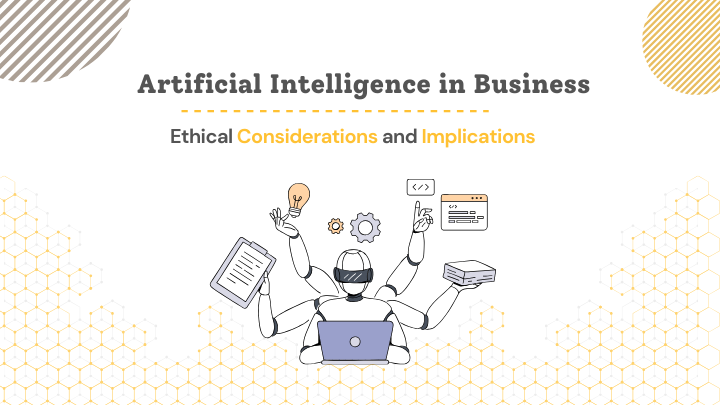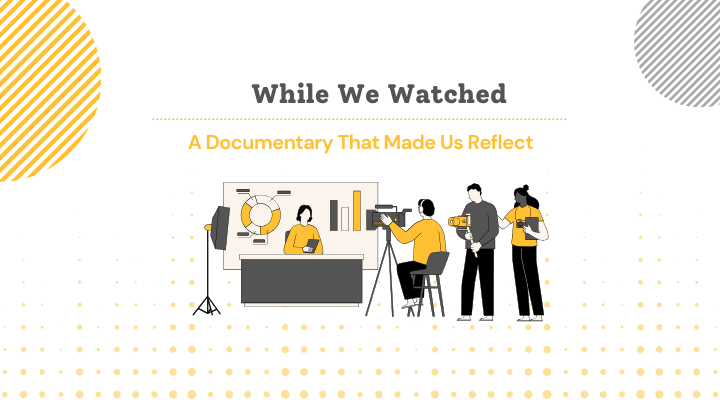AI is taking over the business world – and we don't just mean in a scary robot apocalypse kind of way. We're talking about intelligent systems that can automate mundane tasks, crunch massive datasets, and even have natural conversations with customers. Pretty amazing stuff!
But with great power comes great responsibility, right? As AI capabilities continue exploding, companies face some serious ethical minefields to navigate.
AI Accountability and Responsibility
One of the biggest ethical quandaries is accountability. When AI systems make decisions that affect people's lives, who's on the hook for the outcomes? This gets super tricky when AI operates autonomously without direct human oversight.
The Good: Opportunities and Benefits
AI offers a ton of potential upsides that could seriously upgrade corporate performance.
Enhanced Efficiency
Automating repetitive tasks means employees can focus on the fun, creative stuff. That's a win-win for productivity and job satisfaction.
Data-Driven Decision Making
AI can analyze insane amounts of data at lightning speed, giving companies a analytical edge on everything from marketing to financials.
Customer Experience
AI-powered chatbots and personalized recommendations? Talk about delighting customers with amazing service.
The Bad: Ethical Concerns and Challenges
But AI isn't all sunshine and roses. There are some major ethical pitfalls to watch out for:
Job Displacement
One of the most pressing issues is the potential for AI to displace human workers. Let's be real, automation puts some jobs at risk - especially routine roles that could be fully automated. Companies better have serious retraining programs ready.
Bias and Fairness
AI systems are only as good as the data they are trained on. If AI training data is biased, the system could discriminate in areas like hiring or lending based on race, gender, etc. Not a good look.
Privacy Concerns
AI often relies on collecting and analyzing vast amounts of data, which can lead to significant privacy issues. There is a risk that sensitive personal information could be misused or inadequately protected, undermining trust between companies and their customers.
Accountability and Transparency
AI systems can make decisions in ways that are not easily understood by humans, creating a "black box" effect. This lack of transparency can make it difficult to hold companies accountable for the decisions made by their AI systems, leading to potential ethical and legal issues.
The Balance: Striking the Right Ethical Approach
To navigate the ethical landscape of AI in the corporate world, companies must strike a balance between leveraging AI's benefits and addressing its challenges.
Promoting Transparency
Companies should try to make their AI systems as transparent as possible. This includes providing clear explanations of how AI decisions are made and ensuring that these systems are regularly audited for fairness and accuracy.
Ensuring Fairness and Inclusivity
It is crucial to use diverse and representative data sets when training AI systems to minimize bias. Additionally, involving diverse teams in the development and oversight of AI can help identify and mitigate potential biases.
Protecting Privacy
Companies must prioritize data privacy by collecting only the data necessary for AI functions and ensuring that this data is securely stored and handled. Obtaining informed consent from individuals whose data is used is also essential.
Supporting Workforce Transition
Reskilling and upskilling programs are critical for helping workers adapt as roles shift with automation.
The corporate AI revolution is a double-edged sword. The potential upsides are massive in terms of optimization and innovation. But the ethical risks are just as big and can't be ignored.
By getting ahead of issues like accountability, bias, privacy, and workforce displacement, companies can be on the forefront of ethical AI that enhances corporate performance without sacrificing core values. It'll be an ongoing challenge, but getting ethics right with AI is vital for creating systems we can all be confident in.
Takeaway
By taking a thoughtful and proactive approach to AI ethics, companies can create a future where AI enhances corporate life without compromising ethical standards. In this way, AI can be a powerful tool for good, cultivating innovation and growth while respecting the rights and dignity of all stakeholders involved.







